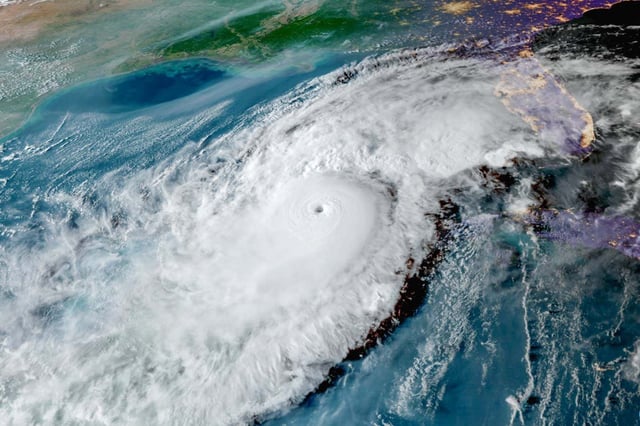Overview
- Sea surface temperatures remain at near-record levels worldwide, with the Mediterranean Sea currently experiencing water temperatures up to 5°C above seasonal norms.
- Scientists identify reduced cloud cover, weakened winds and a strong El Niño pattern as primary drivers behind the exceptional marine heatwaves since 2023.
- Ongoing debate centers on whether the persistent warming reflects a temporary peak or the onset of a hotter “new normal” ocean regime.
- Elevated ocean temperatures are already causing ecological stress, including coral bleaching, marine species displacement and intensified land heatwaves and storms.
- Researchers and policymakers call for accelerated greenhouse-gas emissions cuts alongside enhanced ocean monitoring and modeling to anticipate and mitigate future heatwave impacts.


